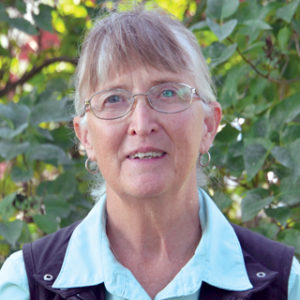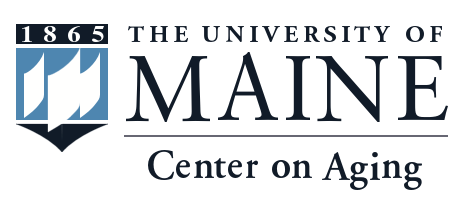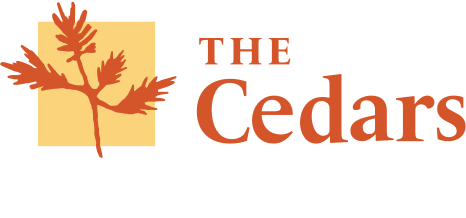Is Person-Centered Care Forsaken in the Midst of the COVID-19 Crisis?
 Joan Devine, Pioneer Network Director of Education
Joan Devine, Pioneer Network Director of Education
https://www.pioneernetwork.net/is-person-centered-care-forsaken-in-the-midst-of-the-covid-19-crisis/
Recently someone shared a concern that in this time when nursing home and assisted living providers have been forced to go into survival mode as they deal with COVID-19, that Culture Change and Person-Directed Care have taken a huge step backwards, and a fear that it will never get back to what it was until we redefine a new norm.
There is no doubt that this is a very real concern, and yes, things will look different when in the future a “new norm” is defined. But do we at Pioneer Network believe that Person-Directed Care is being forsaken in the midst of this crisis? Simply put, no!
What we have been hearing and seeing over the past weeks are stories and examples of not only how Culture Change and Person-Directed care and services are alive and well, but that for those communities that have a firm foundation of a relationship-based, person-directed culture, it is one of the things that is guiding and sustaining them through this crisis.
Let me share a few examples of what we have heard and seen.
Christopher Mulrooney with Villas at Killearn Lakes in Tallahassee, Florida shared that, “in the current situation where no family members at all can visit their loved ones, there is no question that a relationship-based culture, and one that is Elder-directed, is the only way that the personhood of the Elders we serve can be preserved. Family members are de facto the guardians of the legacy for those Elders who cannot speak for themselves, and without them Care Partners who are not person-directed will not be able to adequately step in for them when they need to be absent.” Chris also shares that, while “requiring face masks, gloves, and social distancing at meals are all getting in the way of this, imagine how much more they get in the way when relationship-based care is not the norm?”
Kelly Potter, Life Enrichment Director at The Sarah Community in Bridgeton, Missouri shared that “because relationships are strong and we know each person, we are practicing Person Centered Care, and have been able to relieve large amounts of boredom and loneliness. With Elders missing their families and loved ones, having our staff engaged has truly saved us. It makes me proud to be a part of a team that when something so serious and scary comes along, we rely on the strength of community to get us through in a very powerful way.”
Though not able to go into the homes to visit with clients these days, one of her clients shared the following with Jennifer Brush, AMI Certified Educator for Montessori for Aging and Dementia in the US, “I have to say that spending one-on-one time with the residents has been great. We have had the chance to slow down and really be with the person, talking, and doing activities that are 100% personalized. We’ve been using their memory books to help us to have meaningful conversations and have been doing different Montessori activities that we know the person likes. The residents have been responding well to this approach. When we did a lot of group activities before, there would always be several people who weren’t engaged. Now we are spending quality time directly engaging the person.”
For those who have created smaller neighborhoods or households and are practicing consistent assignment, we are hearing how this not only supports relationships and knowing the person, which in turns helps as staff work to combat loneliness and feelings of isolation for Elders, it also supports best practices in infection prevention, allowing smaller groups and more limited exposure as communities shelter in place.
We know that communication at a time like this is critical – both internally and externally with families and the community at large. For communities that have processes in place supporting routine huddles and learning circles, these are helping to assure that information is shared.
For communities with a person-directed culture, relationships with Elders, families and staff are strong. This has created the foundation that now supports on-going communication and transparency in the messages shared. How communities are communicating comes in many forms, including regular posts on Facebook or Twitter like Chelsea Place Memory Care and Signature HealthCare have done, setting up calls with families using Facetime or other technologies, supporting “window visits,” or through regular newsletters like this one from the team at Garvey Manor & Our Lady of the Alleghenies Residence in Hollidaysburg, PA.
In these challenging times, do we believe that we will be able to convince an institutional nursing home that creating home is the way to go? Probably not. But what we do believe is that when this is behind us, person directed practices, knowing the person, relationship-based care, and meaningful engagement will have made a difference and that those communities that have created home for Elders in nursing homes and assisted living communities will have many lessons to share. These lessons may be just what we need to convince those who up until now, have not “gotten it.” Culture Change and Person-Directed Care are alive and well, and our challenge for the future, is to take what we are learning today, and help to grow it.
Are Person-Directed practices making a difference for you and your community during this crisis? Please share your comments below.


